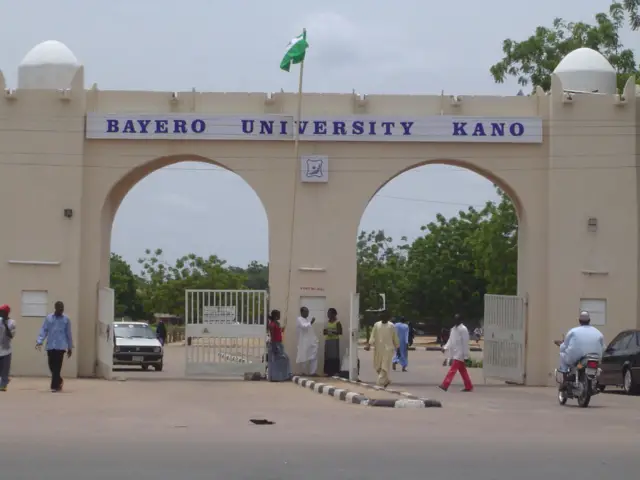From Danbare, a remote area in Ungogo Local Government Area of Kano State, Ibrahim Babangida nurtured the dream to not only pursue education but stand out and eventually become a university professor. Through menial and part-time jobs, he self-sponsored a university education at the Bayero University Kano (BUK) and in 2019, graduated as the best student in the department of Agricultural Engineering, with a CGPA of 4.60, in spite of financial hurdles and life-threatening health challenges.
Babangida later secured a foreign scholarship, and in 2021, earned a distinction in Masters of Technology in Renewable Energy from Mewar University, India. He now works as an internet café shopkeeper, within the premises of BUK; the same university he graduated as one of the best students.
Babangida’s dream of becoming a lecturer has been dashed by a system that failed to reward first-class graduates. “I still have hope in the future,” he said to our correspondent, during an interview in the cafe where he provides typing, photocopy, and printing services. Ibrahim Babangida, is one of the hundreds of first-class graduates in Nigeria who have been relegated to petty businesses for survival.
As Nigeria continues to lose its best brains to foreign countries, the country’s public universities snub-away potential scholars who graduated as the best among their peers. Graduates of first-class honour degrees are at the top of their class, with an average of 70 percent or more overall. They are viewed as potential scholars and expected to pursue further academic studies. However, many of them find it difficult to secure jobs and are denied the opportunity to work for the tertiary education system that produced them.

